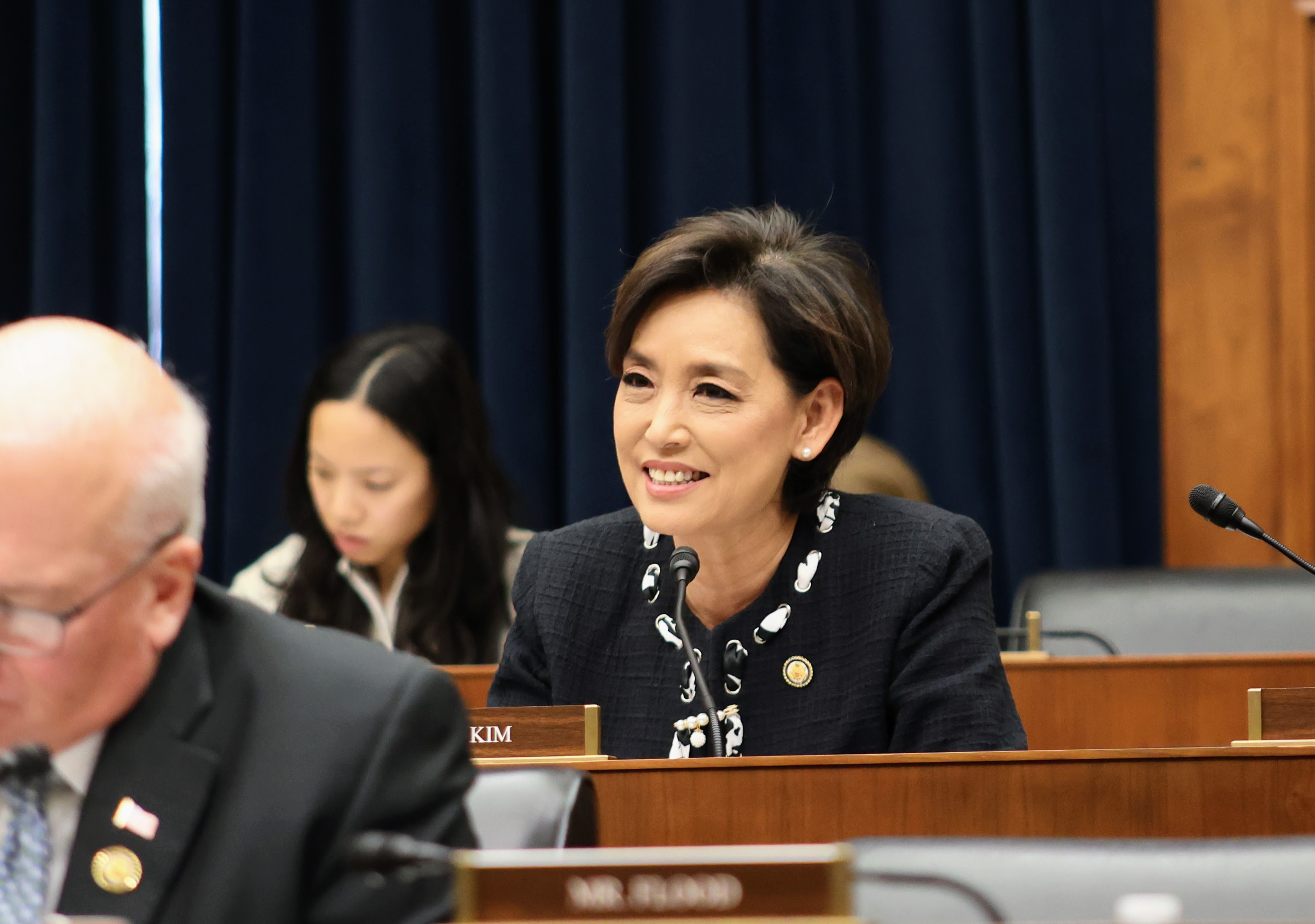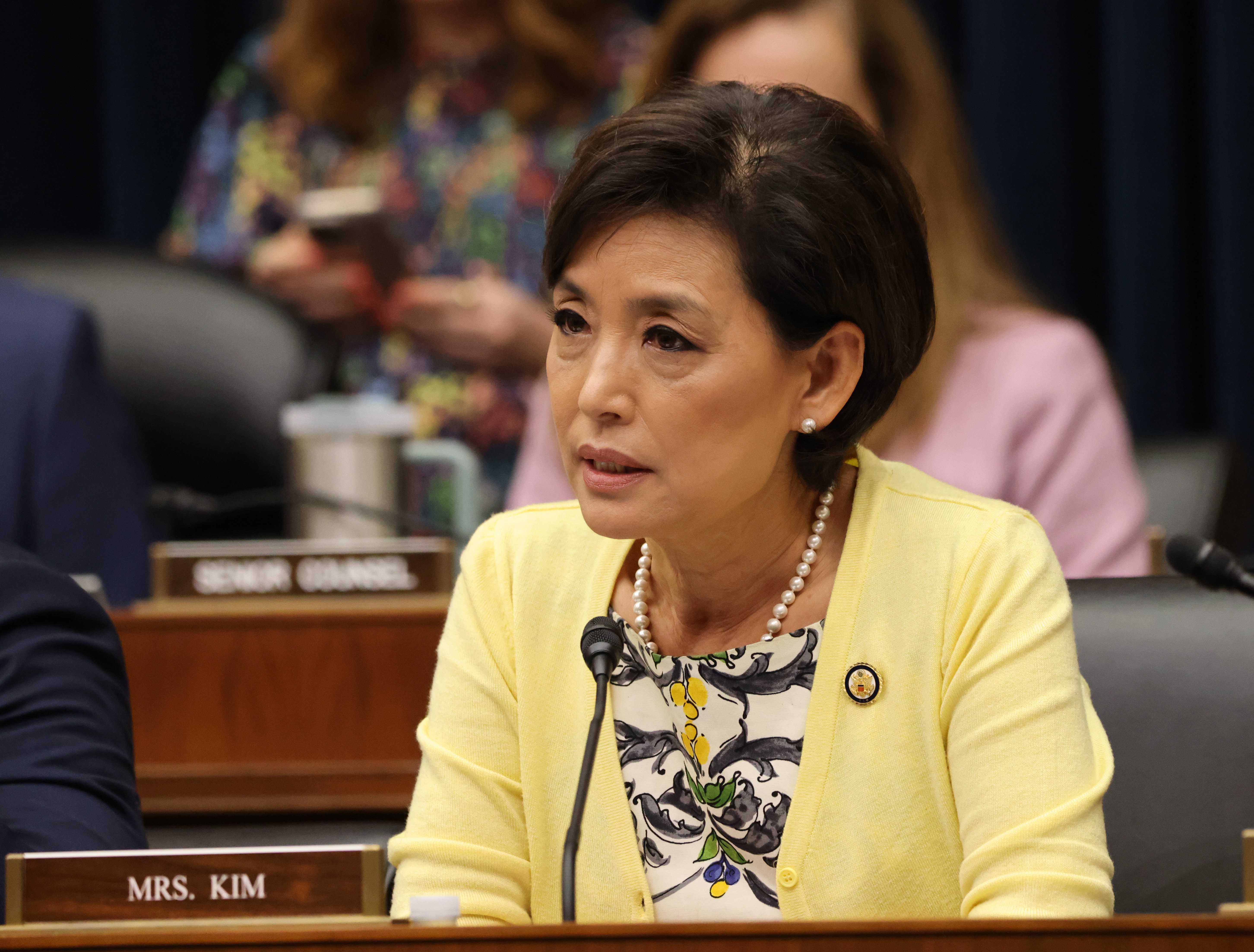U.S. Representative Young Kim (CA-39) voted to support the CHIPS & Science Act (Senate Amendment to H.R. 4346) to invest in U.S. supply chain resiliency, economic prosperity, job opportunities and national security against growing threats from the Chinese Communist Party (CCP).
“Chips run just about every technology in our day-to-day lives, from cars to cell phones to computers, and are vital for important medical, research, defense and security equipment. Our economy and national security depend on being able to produce vital technologies here in the United States instead of relying on other countries,” said Kim. “The CHIPS & Science Act would make targeted investments to secure our supply chains, incentivize U.S. production of semiconductors, bring new businesses and good-paying jobs to the U.S., expand opportunities for all Americans and protect our national security. As the Chinese Communist Party becomes more aggressive towards Taiwan, which accounts for about 90 percent of the world’s most advanced chip production, and we see supply chain shortages during COVID-19, the United States must be able to keep our country running.”
Over the past 30 years, the U.S. global share of semiconductor manufacturing capacity has declined from about 40 percent to 11 percent. This bill will boost U.S. economic production, re-shore our semiconductor manufacturing, and secure our supply chains so the U.S. is not reliant on the CCP.
Also included in the package are three bills introduced by Rep. Kim:
- The Innovations in Informal STEM Learning Act (H.R. 3859), a bipartisan bill to support afterschool programs that expose students to science, technology, engineering and mathematics (STEM) concepts;
- The Combatting Painful Inflation (CPI) Act (H.R. 7747), which would ensure the federal government is prioritizing addressing inflation; and,
- The Partnerships for Energy Security and Innovation Act (H.R. 4863), which would help promote U.S. energy independence by fostering public-private partnerships, deploying smart energy technologies and providing workforce development opportunities.
The bill includes targeted investments for:
- Building and expanding domestic semiconductor facilities and equipment;
- Increasing research and development for Department of Commerce semiconductor manufacturing;
- Supporting the U.S. semiconductor workforce;
- Bringing more semiconductor technologies to market;
- Boosting global information and communications technology security and semiconductor supply chain activities; and,
- Developing Public Wireless Supply Chain Innovation (ORAN).
The bill contains guardrails to ensure money spent supports American manufacturers by:
- Prohibiting federal funding from being used to construct, modify or improve a facility outside of the U.S.;
- Prohibiting federal funding from supporting advanced chip manufacturing in China;
- Prohibiting a person or entity of concern from participating in U.S. research and development and technology development programs and receiving Department of Energy funding;
- Prohibiting malign foreign talent programs;
- Boosting research security;
- Requiring institutional disclosure of foreign support; and,
- Defining the People’s Republic of China (PRC) as a “Foreign Country of Concern.”




